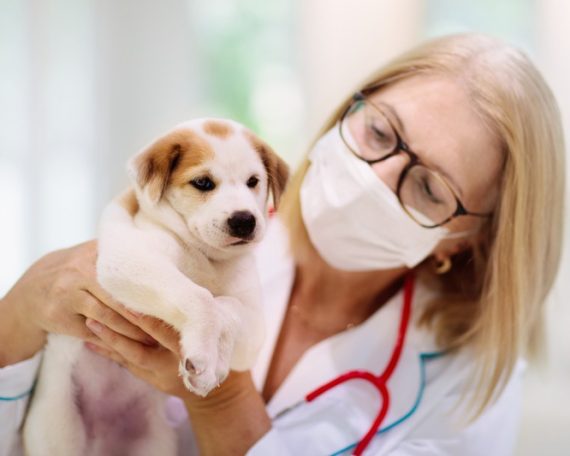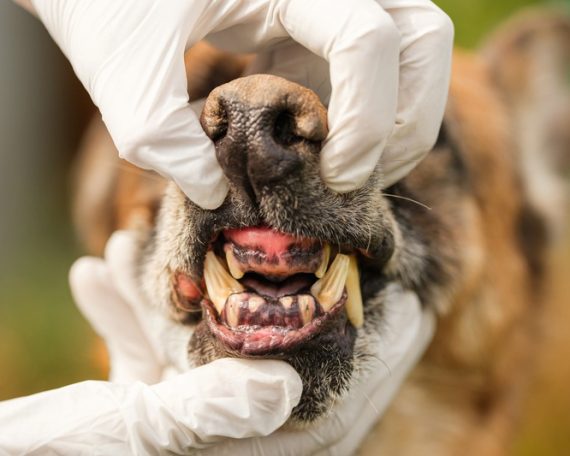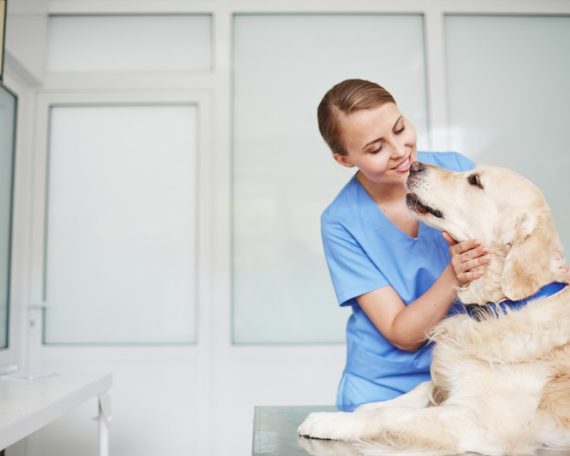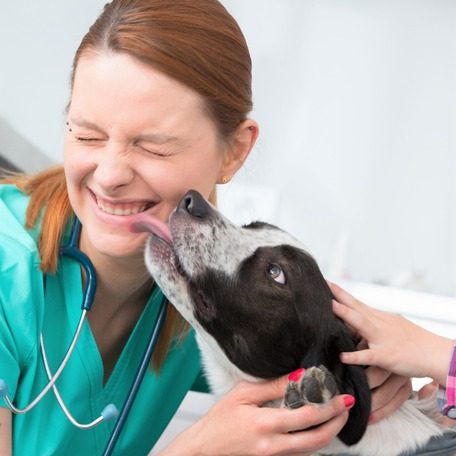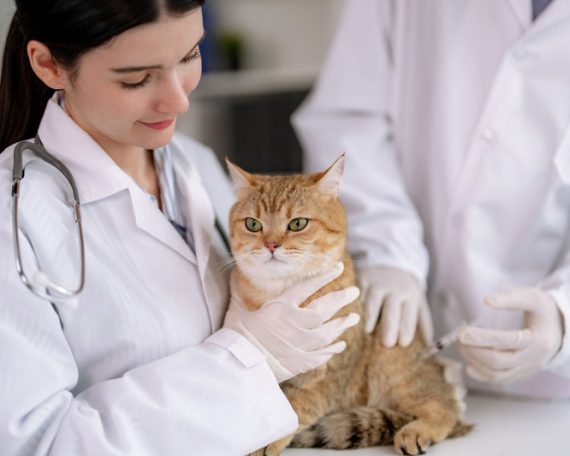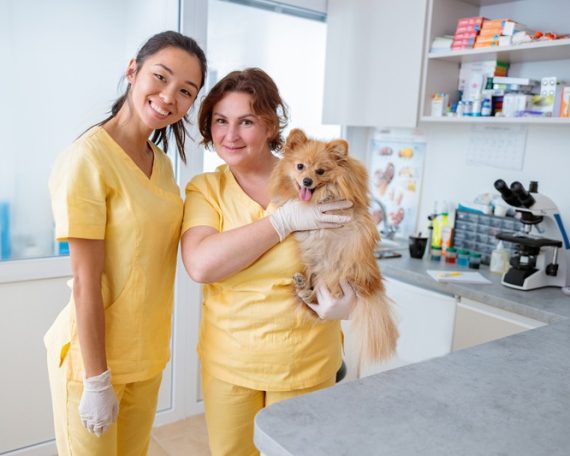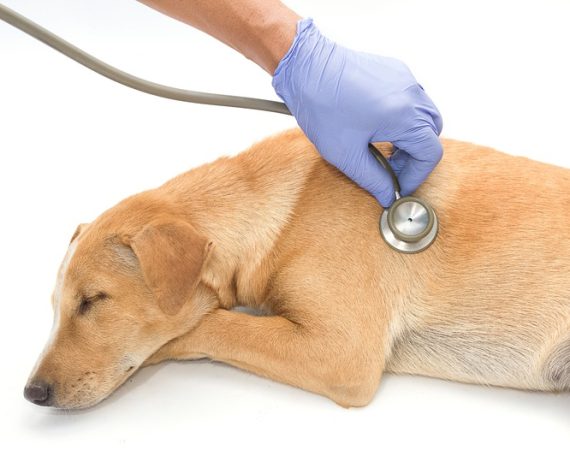What Pre-Surgery Considerations Are Essential for Pets?
Preparing your pet for surgery is a vital step that requires careful consideration and planning. As pet owners, our furry friends rely on us to make the best decisions for their health and well-being. Whether it’s a routine procedure or an emergency operation, understanding the key pre-surgery considerations can significantly impact the success of the surgery and the speed of your pet’s recovery. This article aims to provide you with essential insights and tips to prepare both you and your pet for the surgical process.
Preparing for Your Pet’s Surgery
First and foremost, it is crucial to understand why your pet requires surgery. Your veterinarian is your best resource in this situation, providing detailed explanations about the diagnosis, the surgical procedure needed, and what the expected outcomes are. Always feel free to ask questions if anything is unclear. Whether it’s a matter of spaying or neutering, removing a growth, or addressing an internal issue, being fully informed will help you feel more at ease with the process.
Pre-surgical Screening and Tests
Prior to surgery, your pet will likely need to undergo various screenings and tests to ensure they are fit for the procedure. This might include:
-
Blood tests to check for any underlying conditions that might complicate anesthesia or surgery
-
X-rays or ultrasounds to get a clearer picture of the issue at hand
-
A physical examination to assess overall health status
These pre-surgical evaluations are crucial for minimizing risks and preparing the surgical team for any potential complications.
Dietary and Medication Instructions
Another critical aspect to consider is your pet’s diet and medication before the surgery. Most surgeries require fasting, meaning you’ll need to withhold food and possibly water for a specified period before the procedure. Your vet will give you specific instructions based on the type of surgery and the anesthesia to be used.
Additionally, if your pet is currently on any medication, including supplements or even allergy treatment for cats and dogs, you need to discuss this with your vet. Some medications might need to be paused or adjusted in the lead-up to the surgery.
Preparing for the Day of Surgery
When the day of the surgery arrives, you’ll need to have everything ready ahead of time. This includes:
-
Knowing the schedule and any last-minute instructions from your vet
-
Preparing a comfortable space at home for your pet to recover in after the surgery
-
Make sure you have transportation arranged for both drop-off and pickup
Remember, staying calm and prepared will help your pet remain calm as well. Animals are very sensitive to our emotions, and a calm owner leads to a calmer pet.
Post-Surgery Care
After the surgery, your pet will require careful monitoring and care. This can include administering medication, ensuring they’re comfortable and safe from injuring themselves, and keeping their recovery area clean. Your vet will provide specific instructions based on the surgery conducted. It’s also wise to prepare for your pet’s return home by possibly accommodating your living space to limit your pet’s activity and avoid any strain on their surgery site.
Importance of Follow-up Visits
Follow-up visits are crucial to ensure proper healing and recovery. These appointments allow your vet to monitor your pet’s progress, address any concerns or complications, and adjust care as needed. Don’t skip these—consider them as important as the surgery itself for your pet’s health.
For those looking for more comprehensive care, including surgical procedures, you can find here more information about pet surgery. It’s crucial to choose a trusted veterinary provider who can guide you through the process and deliver the best care for your pet.
Maintaining Oral Health
In addition to the specific surgery your pet might be facing, don’t overlook the importance of regular health maintenance, such as veterinary dental services. Oral health can significantly impact overall health, and staying on top of it can prevent further issues down the line.
Final Thoughts
Preparing your pet for surgery involves a series of steps and considerations to ensure a smooth procedure and recovery. From understanding the necessity of the operation, undergoing pre-surgical tests, following specific dietary and medication guidelines, preparing for the day of surgery, providing post-operative care and attending follow-up visits, each step is crucial. Don’t forget the importance of maintaining overall health through regular check-ups and services. By taking these considerations into account, you can play a crucial role in your pet’s surgical success and their return to health.

